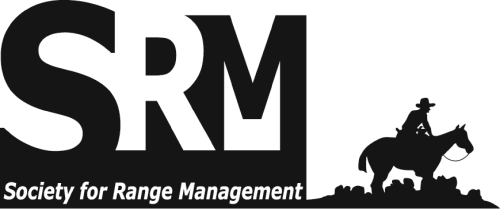Land managers' decisions to restore degraded or at-risk rangelands require a certain amount of faith: that we know enough about the site to be able to make the right choices, that seed will be available of sufficient quantity and viability, that weather conditions will be favorable to germination and establishment, and more. When restoration decisions are made for public lands, managers also must cope with uncertainty in societal realms regarding funding decisions, local citizen preferences, and interactions with stakeholders. This talk describes how factors in the social and political system can create barriers to planning and implementation of proactive and post-disturbance restoration activities, drawing upon research conducted in the Great Basin. Data come from interviews of land managers about barriers to post-wildfire recovery, surveys of managers and the general public, and content analysis of interest group comments on proposed restoration activities. Interviews revealed that barriers to improving rehabilitation and restoration after a wildfire include policies and funding cycles that constrain monitoring options, pressure from concerned publics, and pressure and action from interest groups, as well as sources of environmental uncertainty such as weather, climate change, and seed choices. Managers tended to perceive interest groups as being opposed to any management actions. Our analysis of environmental assessments showed that negative comments come from a small segment of interested stakeholders, and they often are not targeted directly at restoration. A public survey in 2013 showed that Great Basin residents strongly support active post-fire restoration, yet only 42% of managers surveyed in 2013 believed that their neighbors agreed with their restoration decisions. When considering proactive restoration, projects defined as “restoration†may be viewed differently from those defined as “fuels reduction,†even if the actual practice would be the same in either case. While some of these uncertainties will require policy intervention to address, others may be reduced by greater interaction between managers and the citizens living nearby.

Oral presentation and poster titles, abstracts, and authors from the Society for Range Management (SRM) Annual Meetings and Tradeshows, from 2013 forward.